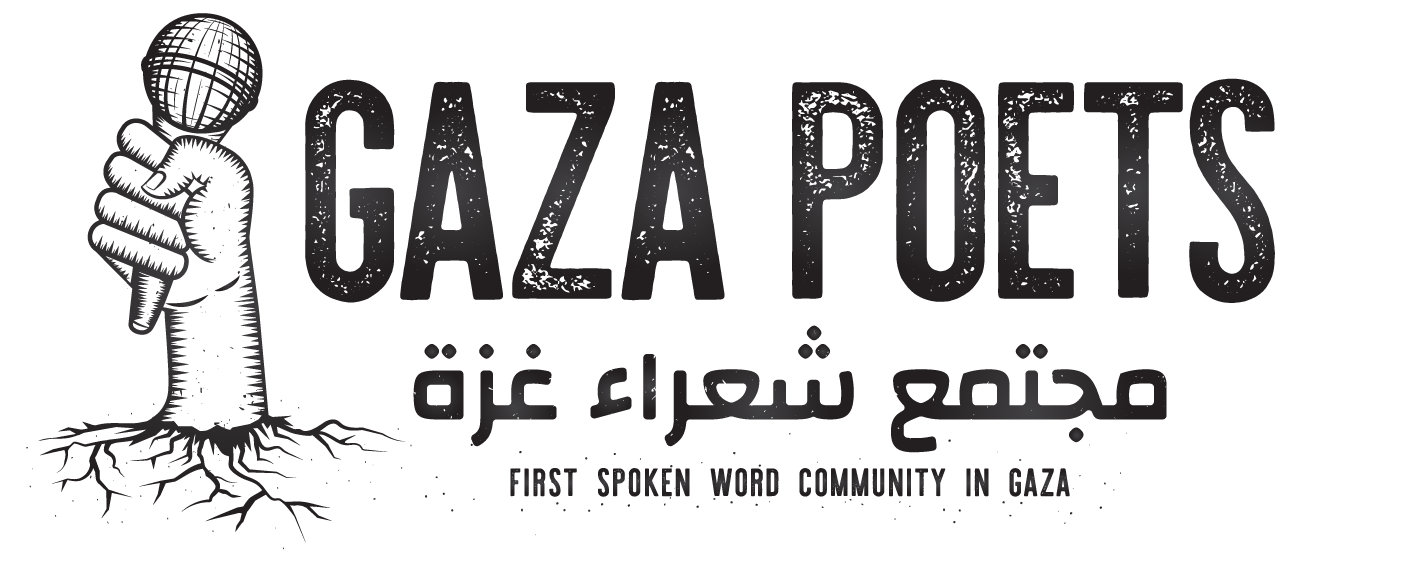
“Earth, be not proud”: Three poems by Raneen al-Azzazi
But earth, be not proud
The ending moment always
arrives.

“Too Young to Spell Death”: Three poems by Hala al-Khatib
Speaking to his
family through the sky, he
wonders: did I not bury
them in a grave, how did
they go up?

“Blind World,” Taqwa al-Wawi
Blind world,
maybe you erase us—
but you never wash yourself clean of us.

“The Son of Yesterday”: Three poems by Mohammed Moussa
I walk alone without my
mother, and I am my mother’s son.

“No Sugar in the City”: Three poems by Hind Jouda
Oh world, it is an evening of hunger
not necessarily in my stomach
and not a hunger for the bread that you eliminate for a diet!
Not a hunger for the miserable aid you sent in containers for my children,
I stood at the crossroad of rifles, and it did not arrive!

Three poems, Yousef al-Qedra
My mother hid the
key in a loaf of bread. “Eat it,” she
said, “and if they ask you, say: I’m
full from captivity.”

“Whenever I hear the name of a child that was randomly massacred,” Sarah Iqelan
I close my eyes and visualize,
them climbing a stairway to heaven,
with clean clothes, smiley faces,
leaving the cruel earth behind,
knowing no fear or hunger…
!["[The day begged for a single laugh],” Nasser Rabah](https://images.squarespace-cdn.com/content/v1/68337d1606162f476275b148/1752751132454-UVQWDX1U2IOE0PBI0I1H/FB_IMG_1748158812171+%281%29.jpg)
"[The day begged for a single laugh],” Nasser Rabah
When ordinary people
wore military clothes, and the military wore the
uniforms of politicians, and the politicians wore the
uniforms of jurists, and the jurists became caliphs and
sold ordinary people certificates of paradise…


Four poems, Mohammed Moussa
What can a poem do during a
genocide? Can a poem stop the death
of anyone—kids, women, men, even
the poet?

Three poems, Mariam al-Khatib
In the corner, a woman selling mint looks at the world as if she has seen its end a thousand times and no longer cares if the scene is repeated.

Two poems, Hala al-Khatib
This is not a nightmare. Not a drama film.
It’s just half an hour in Gaza.

“Writing Poetry in the Time of Genocide,” Mohammed Moussa
After almost two years of relentless attacks on our city, it feels like the poems we create could be our final messages. Some write on scraps of paper or in notebooks while being displaced, moving from one place to another, often forgetting what we wrote in our homes before fleeing. Our poetry can be lost, just like us, at any moment in Gaza.
I find writing helps when I'm overwhelmed by this half-life, this genocide; it's like the words are stuck in my throat, and I just have to get them out.

“Rations,” Hind Jouda
Five days under siege with no food or water.
Emerging, the family is shot dead.
My tongue feels dry.

“I Miss My Old Life,” Taqwa al-Wawi
I miss those days, before we carried the weight of names we no longer call. When “loss” was just a word in a story, not the story itself. But most of all, I miss the girl I was—the one who smiled without fear, whose laughter didn’t falter when windows rattled. She dreamed with arms wide open, wore hope like a favorite color, a flame that never flickered.
